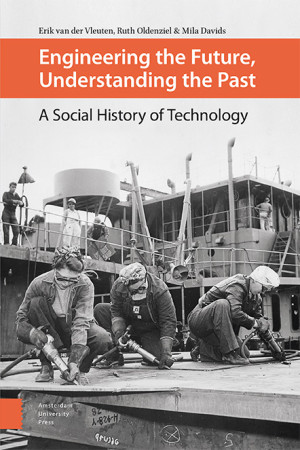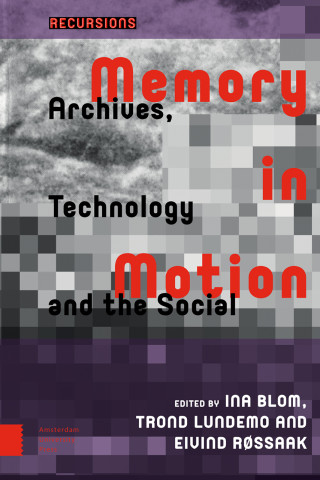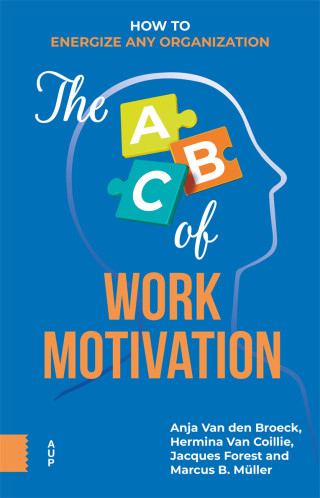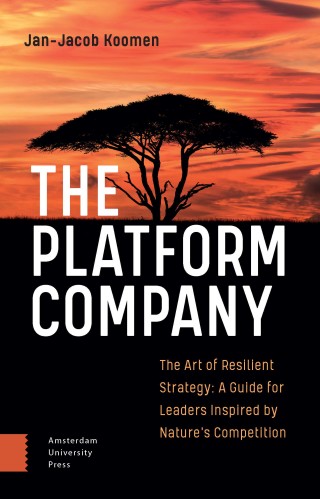

- Titel
- Engineering the Future, Understanding the Past
- Subtitel
- A Social History of Technology
- Prijs
- € 20,00
- ISBN
- 9789462985407
- Uitvoering
- Paperback
- Aantal pagina's
- 212
- Taal
- Engels
- Publicatiedatum
- 20 - 03 - 2017
- Afmetingen
- 15.6 x 23.4 cm
- Categorie
- Modern History
- Voorbeeld
- Download introductie
Preface
Introduction
Chapter 1: The Age of Promise, 1815-1914
1.1 Introduction: The Age of Promise, 1815-1914
1.2 Society
1.3 Enterprise
1.4 Users
1.5 Engineers
Chapter 2: The Age of Crisis, 1914-1945
2.1 Introduction: The Age of Crisis, 1914-1945
2.2 Society
2.3 Enterprise
2.4 Users
2.5 Engineers
Chapter 3: The Age of Technocracy, 1945-1970
3.1 Introduction: The Age of Technocracy, 1945-1970
3.2 Society
3.3 Enterprise
3.4 Users
3.5 Engineers
Chapter 4: The Age of Participation, 1970-Now
4.1 Introduction: The Age of Participation, 1970-Now
4.2 Society
4.3 Enterprise
4.4 Users
4.5 Engineers
Epilogue: The Future of Engineering
5.1 Introduction: The Future of Engineering
5.2 Society
5.3 Enterprise
5.4 Users
4.5 Engineers
Engineering the Future, Understanding the Past
A Social History of Technology
De onderstaande tekst is niet beschikbaar in het Nederlands en wordt in het Engels weergegeven.
Technology today is often presented as our best hope of solving the world's social and sustainability problems. And that's nothing new: engineers have always sought to meet the big challenges of their times-even as those challenges have shaped their technology.
This book offers a historical look at those interactions between engineering and social challenges, showing how engineers developed solutions to past problems, and looking at the ways that those solutions often bring with them unintended consequences that themselves require solving.
This book offers a historical look at those interactions between engineering and social challenges, showing how engineers developed solutions to past problems, and looking at the ways that those solutions often bring with them unintended consequences that themselves require solving.
Auteurs
Erik van der Vleuten
Erik van der Vleuten is Professor of History of Technology at the Eindhoven University of Technology and scientific director of the Foundation for the History of Technology SHT. He studies the historical co-construction of infrastructure, societal, and environmental changes. Recent books include Europe's Infrastructure Transition: Economy, War, Nature (Palgrave, 2015) and The Making of Europe's Critical Infrastructure: Common Connections and Shared Vulnerabilities (Palgrave, 2013).
Ruth Oldenziel
Ruth Oldenziel is Professor of American-European History of Technology at Eindhoven University of Technology. Her most recent books are Cycling Cities: The European Experience (2016), Cycling and Recycling: Histories of Sustainable Practices (2015), Hacking Europe: From Computer Cultures to Demoscenes (2014), and Consumers, Tinkerers, Rebels: The People Who Shaped Europe (2013).
Mila Davids
Mila Davids is Assistant Professor of History of Technology at Eindhoven University of technology. She studies the role of technology in business history. Books include Innovatie en kennisinfrastructuur: vele wegen naar vernieuwing. (Amsterdam, 2013)



